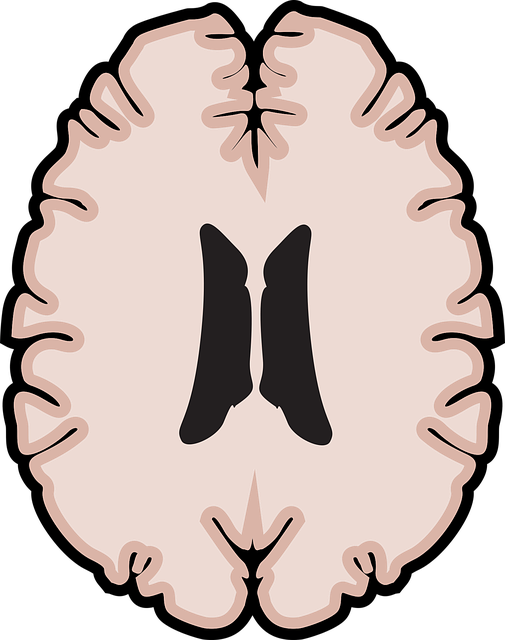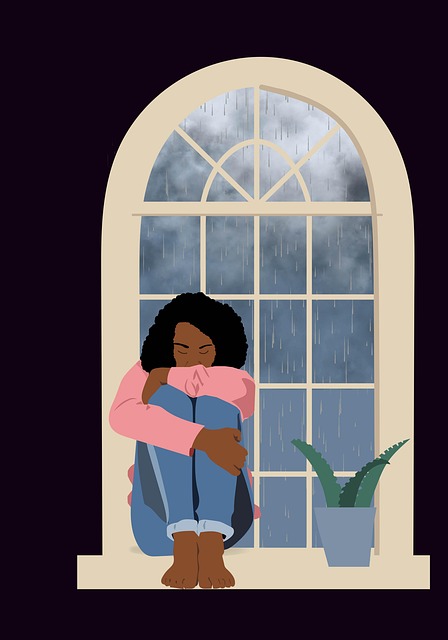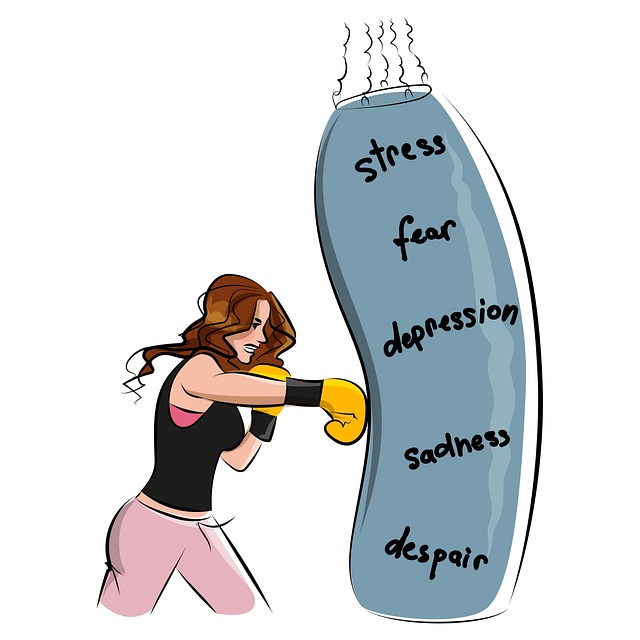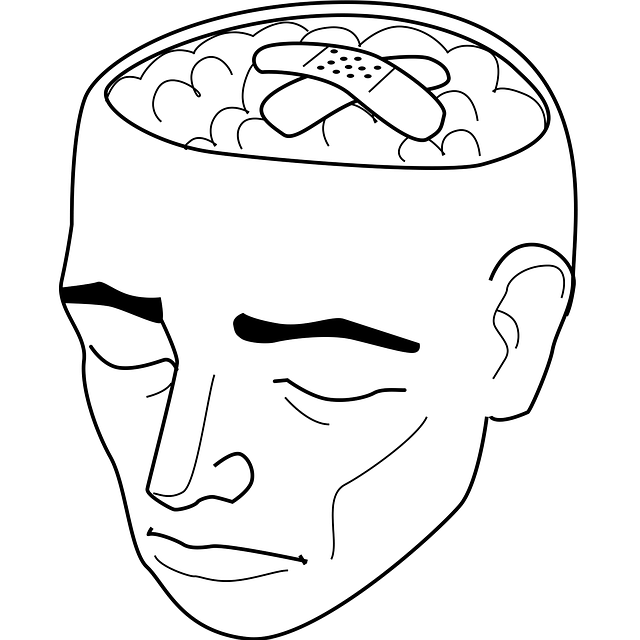In Highlands Ranch Domestic Violence Therapy, facilitators navigate complex group dynamics by understanding individual experiences and tailoring strategies for emotional well-being. They create safe spaces through active listening, empathy, and inclusive communication, addressing issues like stress management and burnout prevention. By fostering open dialogue, cultural sensitivity, and self-esteem improvement, facilitators enable participants to develop coping mechanisms, build resilience, and promote holistic mental wellness in a supportive environment.
In the context of Highlands Ranch Domestic Violence Therapy, group facilitation plays a pivotal role in fostering mental wellness. This article explores dynamic techniques for facilitators, focusing on understanding group interactions and implementing effective communication strategies. We delve into creating safe spaces, leveraging these insights to enhance therapeutic outcomes in Highlands Ranch domestic violence therapy groups. By adopting tailored approaches, facilitators can nurture supportive environments, empowering participants towards healing and growth.
- Understanding Mental Wellness Group Dynamics
- Effective Communication Strategies for Facilitators
- Creating a Safe and Supportive Environment in Highlands Ranch Domestic Violence Therapy Groups
Understanding Mental Wellness Group Dynamics

Mental wellness group dynamics are complex and multifaceted, reflecting the diverse experiences and backgrounds of each participant. Facilitators play a crucial role in navigating this landscape, creating a safe and supportive environment that encourages open communication and emotional expression. By understanding the unique interplay between individuals, facilitators can tailor their approach to address specific issues like stress management and burnout prevention, fostering an atmosphere conducive to emotional well-being promotion techniques.
In a setting like Highlands Ranch Domestic Violence Therapy, where individuals may be dealing with trauma or challenging life circumstances, recognizing group dynamics is essential. Facilitators must adapt their strategies to accommodate different personalities, ensuring that everyone feels heard and valued. This involves active listening, empathy, and the ability to guide conversations in constructive directions, ultimately helping participants develop coping mechanisms and build resilience.
Effective Communication Strategies for Facilitators

Effective communication is a cornerstone for facilitators leading mental wellness groups, especially in sensitive areas like Highlands Ranch Domestic Violence Therapy. Facilitators must cultivate an environment where every participant feels heard and respected. Active listening, a key strategy, involves giving participants your undivided attention, paraphrasing their concerns to ensure understanding, and validating their feelings without judgment. This not only builds trust but also encourages open dialogue.
Additionally, incorporating techniques like Self-Awareness Exercises and Mindfulness Meditation can enhance communication dynamics. These practices promote present-moment awareness, enabling facilitators to recognize and address emotional cues subtletily. Moreover, integrating these exercises into group discussions can foster a deeper level of understanding and empathy among participants. Ultimately, effective communication strategies contribute to the success of therapy sessions, aiming to create a supportive atmosphere that facilitates healing and personal growth, much like the impactful changes driven by well-crafted Public Awareness Campaigns Development initiatives.
Creating a Safe and Supportive Environment in Highlands Ranch Domestic Violence Therapy Groups

In facilitating Highlands Ranch Domestic Violence Therapy Groups, creating a safe and supportive environment is paramount to encourage open communication and healing. This involves establishing ground rules that prioritize respect, confidentiality, and active listening. Facilitators should ensure every participant feels heard and valued, fostering an atmosphere where individuals can share their experiences without fear of judgment or recrimination. Incorporating elements of cultural sensitivity in mental healthcare practice is crucial; understanding and respecting diverse backgrounds enhances the group’s dynamic and encourages a deeper exploration of personal issues.
Additionally, promoting self-esteem improvement and emotional intelligence within these groups can significantly impact the therapeutic process. By teaching participants to recognize and manage their emotions effectively, facilitators empower them to build resilience against past traumas. This, in turn, fosters healthier relationships and enhances overall mental wellness, reflecting a holistic approach tailored to the unique needs of individuals navigating domestic violence therapy in Highlands Ranch.
In facilitating mental wellness groups, especially within the context of Highlands Ranch Domestic Violence Therapy, understanding group dynamics and employing strategic communication techniques are pivotal. By creating a safe, supportive environment, facilitators can empower individuals to navigate their mental health journeys effectively. Through open dialogue, active listening, and tailored activities, facilitators foster a sense of community and trust, enabling members to share experiences, gain insights, and support one another. These practices prove invaluable in the therapeutic process, ultimately enhancing well-being within Highlands Ranch Domestic Violence Therapy groups.














